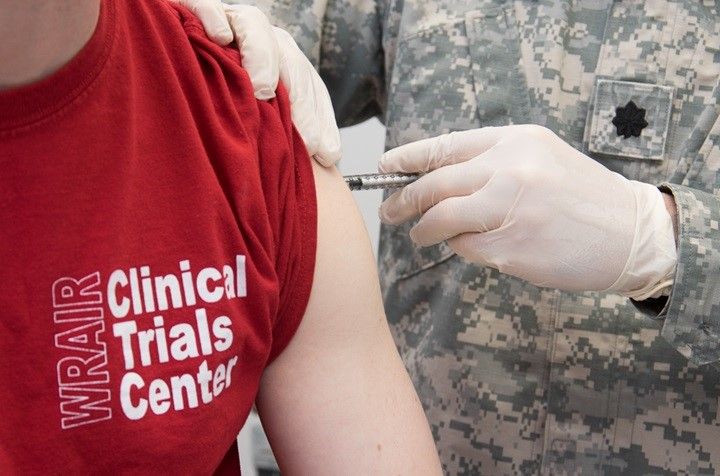
Will this clinical trial put an end to peanut allergy fears?
A recent study reported in the New England Journal of Medicine has given hope to those living with a peanut allergy and aims to alleviate the fear that comes with having this allergy.

The Trial
A recent trial involved nearly 400 children and teenagers who were given the drug over a 12-month period.
The new drug aims to desensitise people who suffer from a peanut allergy and is made up of a small amount of peanut protein, which is carefully measured before being administered.
Throughout the trial, the dose was increased and the results were then analysed. By the end of the trial, two thirds of those participating could tolerate the equivalent to two whole peanuts. The positive results were encouraging and mean that those suffering with a peanut allergy can potentially cope with having a reaction to exposure if they accidentally come into contact with peanuts in the future.

Food Allergies
Allergies to peanuts and other foods are on the rise, and recent news stories involving tragic cases caused by food allergies have only heightened people’s concerns. Restaurants and food outlets are becoming more and more aware of the dangers of not labelling food correctly, and one such news story has resulted in new laws being put in place to protect those who have severe food allergies. Schools and other institutions where large numbers of young people are grouped together also need to be especially careful about how they manage and regulate their food preparation.
Clinical trials are an essential part of medical research, and adaptive phase 1 clinical studies such as those offered by https://www.richmondpharmacology.com/specialist-services/adaptive-phase-i-studies/ involve the collection and analysis of relevant data for researchers who are looking to develop new treatments and build on existing solutions.
Impact
Living with a nut allergy can cause individuals and their families to suffer a huge amount of stress and anxiety caused by the worry and consequences of accidentally coming into contact with nuts. This can have a detrimental effect on a sufferer’s life, including the way they socialise, where they work and how they live day to day. By reducing the reaction to nuts, those suffering can get much-needed reassurance and empowerment, which can have a dramatic and positive impact on them and their mental health.







